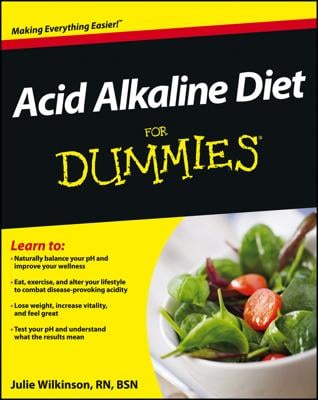Really, you don’t have to worry about your getting enough protein in your diet — unless you live on Twinkies and Dr. Pepper. Then maybe you could end up protein deficient. But you’d be lacking in many vitamins and minerals and other phytochemicals, too:
The guideline for determining recommended protein intake is to aim for 0.8 gram of protein for every kilogram of your body weight. One kilogram is equal to 2.2 pounds. That’s body weight (in kilograms) x 0.8 = grams of protein needed. This formula has a generous margin of error worked into it. In reality, your body actually requires less than this amount.
So, for example, if you weighed 120 pounds, that would be about 54.5 kilograms (120 pounds divided by 2.2 kilograms). Multiply 54.5 kilograms by 0.8 grams of protein per kilogram of body weight, and you get 43.6 grams of protein, or approximately 44 grams of protein. That’s how much protein your body would need, and it isn’t very much.
Soybeans are a rich source of all the essential amino acids. Soy could actually serve as the sole source of protein in a person’s diet.
To get an idea of how easy it is to get the protein you need, take a look at the list of foods and their protein contents presented in the following table. Think about what you eat in the course of a day and the size of the portions you take. Calculate your own protein requirement using the earlier in this section, and then compare that to the amount of protein you eat in a typical day.
| Food | Grams of Protein |
|---|---|
| 1 ounce any type of meat | 7 |
| 1 ounce cheese | 7 |
| 1 egg | 7 |
| 1 cup milk | 8 |
| Quarter-pound hamburger (no bun) | 28 |
| 4-ounce chicken breast | 28 |
| 10-ounce rib-eye steak | 70 |
| 3-egg omelet with 2 ounces of cheese | 35 |
| 1 typical veggie burger | 5–25 |
| 1 typical veggie hotdog (1 link) | 8 |
| 4 ounces tempeh | 20 |
| 4 ounces tofu (depending on type) | 5–9 |
| 8 ounces soymilk (plain) | 10 |
| 1/2 cup most legumes (depending on type) | 5–9 |
| 1/2 cup bean burrito filling | 6 |
| 1 cup black bean soup | 16 |
| 1 cup vegetarian chili | 24 |
| 1/2 cup vegetarian baked beans | 6 |
| 1/2 cup garbanzo beans on a salad | 6 |
| 1 ounce nuts (depending on type) | 4–7 |
| 1 ounce seeds (depending on type) | 4–11 |
| 2 tablespoons tahini (sesame seed butter) | 6 |
| 2 tablespoons cashew, almond, or peanut butter | 8 |
| 1 slice whole wheat bread (dense style) | 2–3 |
| 1 bran muffin | 3 |
| 1/2 cup whole-grain flake cereal | 2 |
| 1/2 cup cooked oatmeal | 3 |
| 1 whole bagel | 6 |
| 1/2 cup cooked pasta | 7 |
| 1/2 cup cooked rice | 4 |
| 1 flour tortilla | 2 |
| 1 cup most vegetables (for example, green beans, tomatoes, cabbage, broccoli) | 4 |
| Most fruits | trace amounts |

